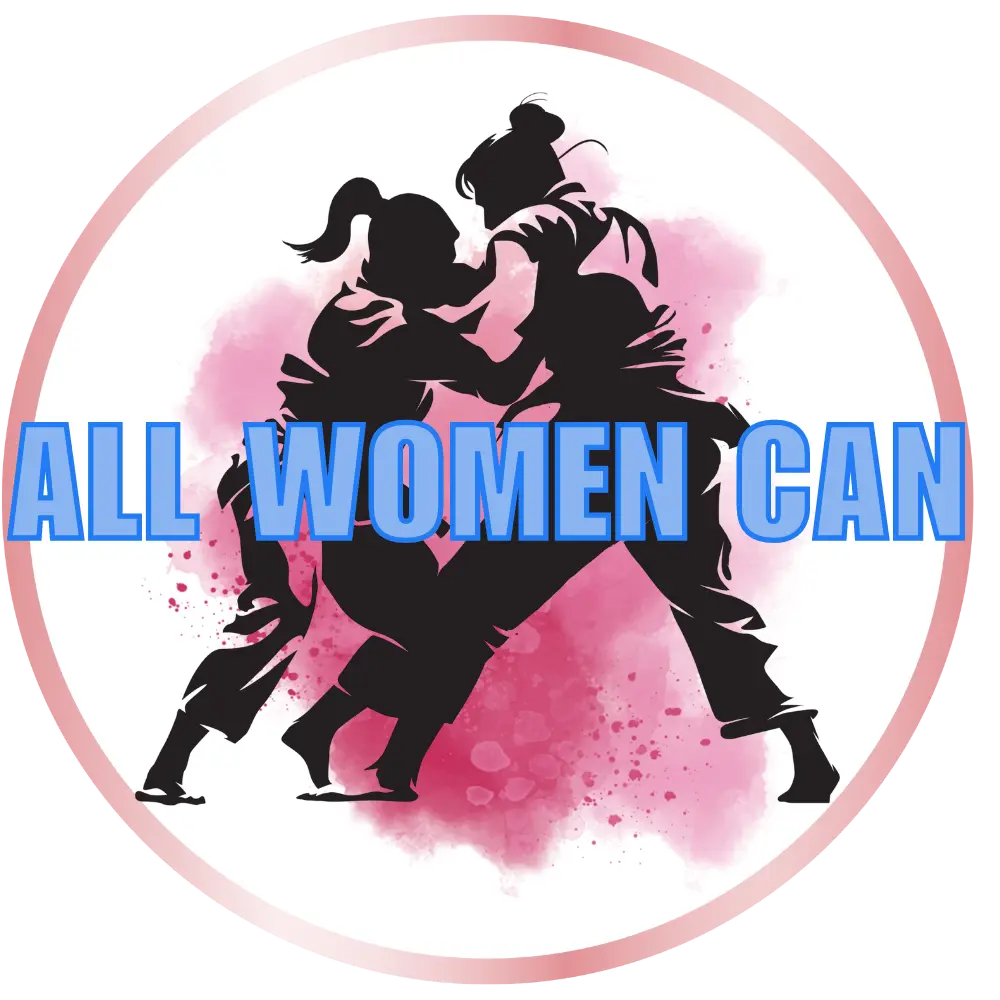Physical Health and Strength:
- Bone Density and Muscle Mass: During peri-menopause and menopause, women experience a decrease in estrogen levels, which can lead to loss of bone density and muscle mass. Martial arts, particularly those that involve weight-bearing activities and resistance training, help maintain and even improve bone density, which is critical for reducing the risk of osteoporosis.
- Research: A 2015 study published in Menopause journal showed that resistance exercises, like those used in martial arts, are effective in maintaining bone density in postmenopausal women.
2. Cardiovascular Health:
- Improved Heart Health: Cardiovascular health often becomes a concern during menopause due to hormonal changes that affect cholesterol levels and blood pressure. Martial arts, with its high-intensity interval training elements (such as striking, sparring, or fast-paced drills), can help improve cardiovascular endurance and overall heart health.
- Research: A study in the Journal of the North American Menopause Society found that regular exercise, including aerobic and strength training, significantly reduces the risk of cardiovascular disease in menopausal women.
3. Mental Health and Cognitive Function:
- Reduction in Anxiety and Depression: Hormonal fluctuations during peri-menopause and menopause can increase the risk of anxiety, depression, and mood swings. Martial arts help improve mental health by promoting mindfulness, focus, and the release of endorphins, which combat stress and anxiety.
- Research: A 2018 study published in Frontiers in Psychology noted that practicing martial arts improves psychological well-being, decreases anxiety, and enhances mood stability through the development of resilience.
4. Balance and Coordination:
- Enhanced Stability: Menopausal women may experience a decline in coordination and balance due to hormonal changes. Martial arts training, especially forms that focus on stability, posture, and proprioception, like Tai Chi or Aikido, can improve balance and help prevent falls, which become more of a risk as women age.
- Research: A 2019 article in BMC Geriatrics demonstrated that older adults, including women, who engaged in Tai Chi showed significant improvements in balance and a reduction in the fear of falling.
5. Empowerment and Confidence:
- Boost in Self-Esteem: Menopause can sometimes lead to a decrease in self-esteem due to body changes and societal perceptions of aging. Martial arts provide a space where women can regain a sense of physical and mental empowerment, which translates into greater confidence in their day-to-day lives.
- Research: A 2020 study in Women in Sport and Physical Activity Journal found that women who participated in martial arts reported significantly higher self-esteem, body image satisfaction, and personal empowerment.
6. Social Support and Community:
- Connection and Belonging: Engaging in martial arts also fosters a sense of community, which can be vital for women who may feel isolated during this life stage. The camaraderie and mutual support found in martial arts schools or dojos provide emotional support and help alleviate feelings of loneliness.
- Research: A 2017 review in Health Psychology Review emphasized the importance of social support networks in improving overall well-being during menopause, and martial arts programs often provide these networks.
These studies highlight how martial arts training aligns with the physical, mental, and emotional challenges faced during peri-menopause and menopause.


